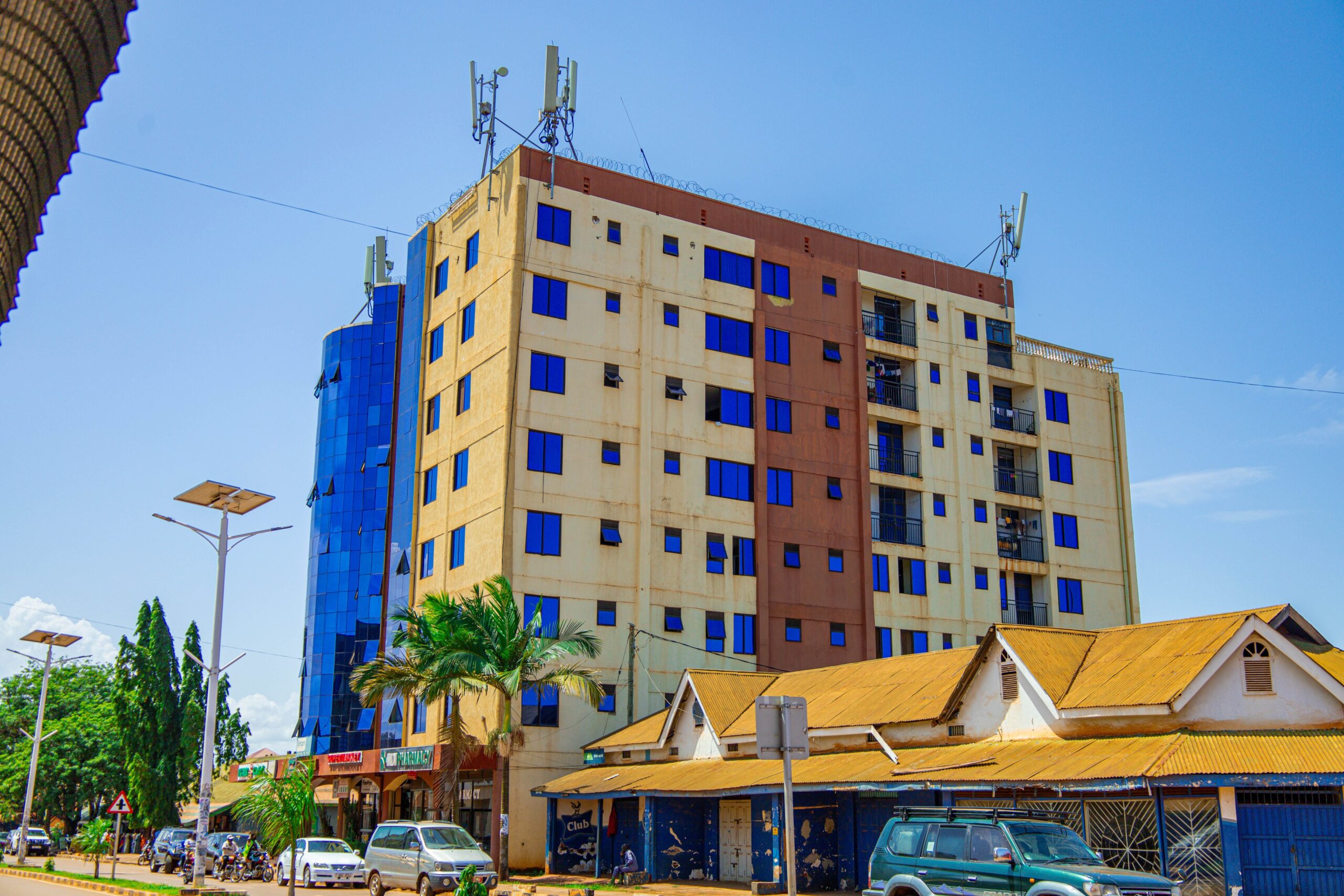Introduction
Jinja City, one of Uganda’s major urban centers, has recently come under intense scrutiny after returning Shs4.2 billion to the National Treasury. This unspent sum, part of the city’s 2024/2025 financial year budget, was originally earmarked for critical development projects and essential public services. The move has sparked widespread concern among residents, local leaders, and civil society, raising questions about the city’s financial management, bureaucratic efficiency, and the broader implications for service delivery and urban development.
Background: The Unspent Billions
During the 2024/2025 financial year, Jinja City Council received a supplementary allocation of Shs11.7 billion. However, by the end of the fiscal year, only Shs7.4 billion had been utilized, leaving a staggering Shs4.2 billion unspent and thus returned to the Treasury. These funds were intended for vital sectors such as:
- Road maintenance and rehabilitation
- Waste management
- Education infrastructure
- Health services
The failure to deploy such a significant portion of the budget has led to fears of stalled development projects, deteriorating infrastructure, and declining public services.
Causes of the Unspent Funds
Bureaucratic Delays and Poor Planning
Local leaders and residents attribute the return of funds to bureaucratic inertia and poor planning by city technical officers. Delays in procurement processes, lack of timely project execution, and insufficient coordination among departments have been cited as primary reasons for the underutilization of the budget. For instance, some projects could not commence due to late release of funds or protracted tendering procedures, making it impossible to spend the allocated money within the stipulated timeframe.
Revenue Collection Challenges
Jinja City has also faced persistent challenges in local revenue collection. According to city finance reports, the city fell short of its local revenue targets due to factors such as:
- Uncollected parking fees
- Unpaid property rents
- Poor record-keeping by hotel owners
- Inadequate resources for revenue mobilization
These shortfalls have further complicated budget implementation, as the city has had to rely heavily on central government transfers, which themselves are sometimes delayed or insufficient.
Leadership and Accountability Issues
The city’s leadership has been criticized for a lack of accountability and transparency in financial management. Recent investigations have revealed cases of fund diversion and embezzlement, further undermining public trust. For example, the City Clerk has been investigated for allegedly diverting nearly Shs950 million meant for school construction to non-essential expenditures such as allowances and workshops. Such incidents highlight systemic weaknesses in oversight and internal controls.
Public Reaction and Impact
Outcry from Residents
Residents have expressed outrage over the city’s inability to utilize funds meant for much-needed services. Many point to the poor state of roads, inadequate waste management, and under-resourced schools and health centers as evidence of mismanagement. “This money was meant to fix roads and support various other projects. How is it possible that Jinja City Council failed to spend such a large sum when our roads are in a terrible state?” lamented one resident.
Political Fallout
The return of Shs4.2 billion has also become a political issue, with opposition leaders and civil society organizations demanding accountability. Some councilors have called for a review of the city’s procurement and planning processes, while others have urged the central government to intervene and ensure that future allocations are matched by effective spending.
Developmental Consequences
The immediate consequence of returning unspent funds is the stalling of critical projects. Roads remain in disrepair, waste continues to pile up, and public facilities are left unfinished or under-equipped. This not only affects the quality of life for residents but also undermines investor confidence and the city’s prospects for sustainable growth.
The Way Forward
Calls for Reform
There is a growing consensus that Jinja City must undertake urgent reforms to improve its financial management and service delivery. Key recommendations include:
- Strengthening procurement and project management systems
- Enhancing transparency and accountability in fund utilization
- Building capacity among technical staff
- Improving local revenue collection mechanisms
Oversight and Enforcement
The Office of the Inspectorate of Government has vowed to take action against officials found culpable of mismanagement or corruption. There are also calls for regular audits and public disclosure of budget performance to foster greater accountability.
Conclusion
The return of Shs4.2 billion to the Treasury by Jinja City is a stark reminder of the challenges facing local governments in Uganda. Without decisive action to address bureaucratic inefficiencies, weak accountability, and revenue collection challenges, the city risks further eroding public trust and missing out on critical development opportunities. The incident should serve as a wake-up call for both local and national authorities to prioritize effective financial management and responsive governance for the benefit of all citizens.

